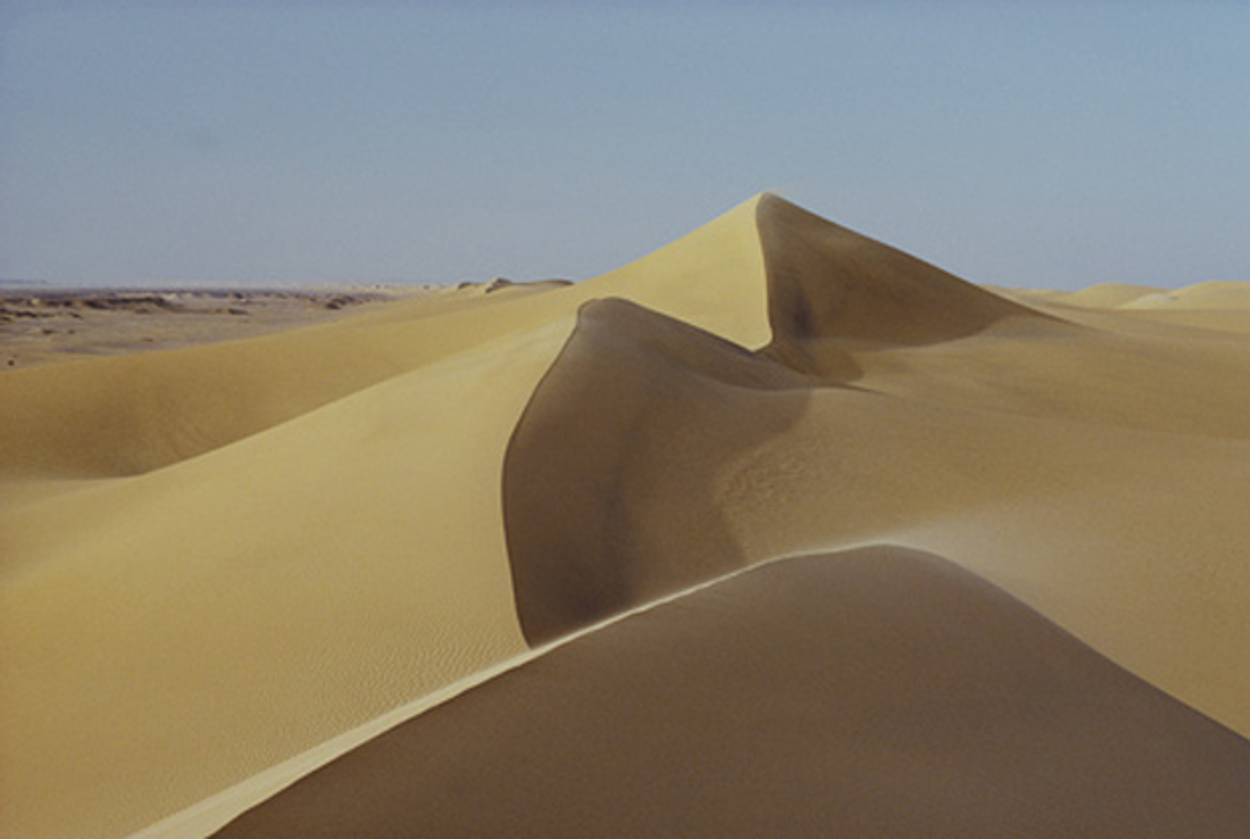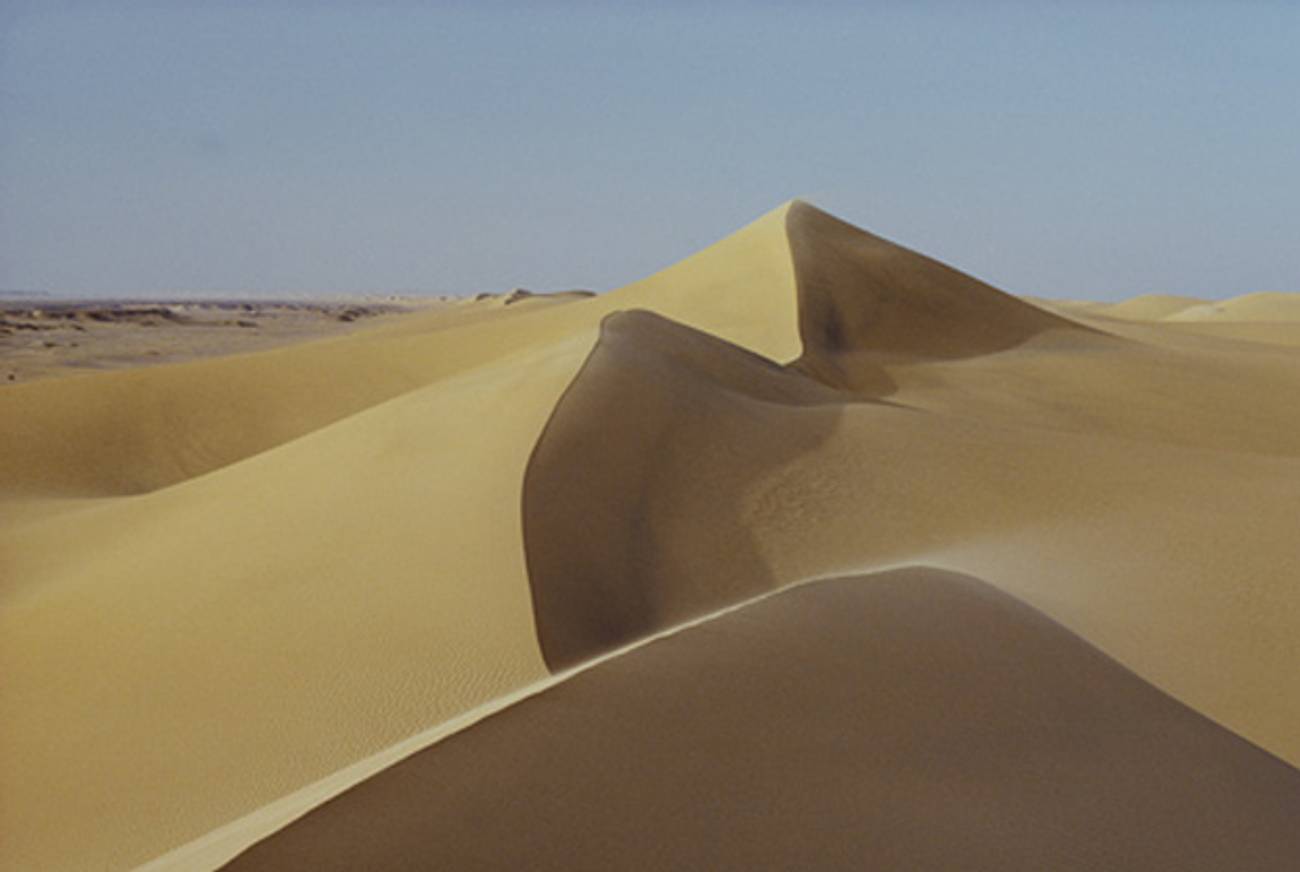Egypt Says Israel Stole Sand
The country wants a reasonable $500 billion for Israel’s years in Sinai




In a short, 750-page report sent to the United Nations recently, Egypt demanded $500 billion dollars from Israel as compensation for damages inflicted on the Sinai Peninsula from 1967 to 1982, when Israel occupied the region.
Among other grievances, Egypt has accused Israel of disrupting maritime trade in the Suez Canal, thus depriving Egypt of millions of dollars’ worth of revenue, and stealing just under $50 billion worth of sand. Those involved with Egypt’s legal proceedings voiced concern that the country was left with annoyingly breathtaking views of the area and “worthless rock” like Mount Sinai.
In response to accusations that Egypt wants a disproportionate sum worth more than Israel’s entire operating budget, authorities referenced the peace agreement signed in 1979 and confirmed that they were just trying to futher develop friendly relations.
Up until now, the UN has ignored the report, so Egyptian authorities have forwarded it on to the U.S. administration via Gmail in the hopes that they will have better luck pressuring Israel into paying up.
As Tablet learned through a White House official who may or may not exist, President Barack Obama has weighed in: “I’ve come to the conclusion that I’m interested in this issue if and only if I can be assured that I’ll be able to secure another Nobel Peace Prize for my involvement.”
Important Israeli lawyers have already started preparing their rebuttal, should the case go to court. “Taking into account disruptions to Israel’s trade, the number of cargo shipments seized, and the money we’re losing from phantom toll booths, we were pleased to realize that Egypt actually owes us $1 trillion.”
At press time, Egypt was contemplating also filing suit against the Ottoman Empire for goblet theft in the years between 1507-1906.
Natalie Schachar is an editorial intern at Tablet. A recent graduate of Barnard College, she has written for the Times of Israel, The Atlantic, The Argentina Independent and Lilith Magazine.